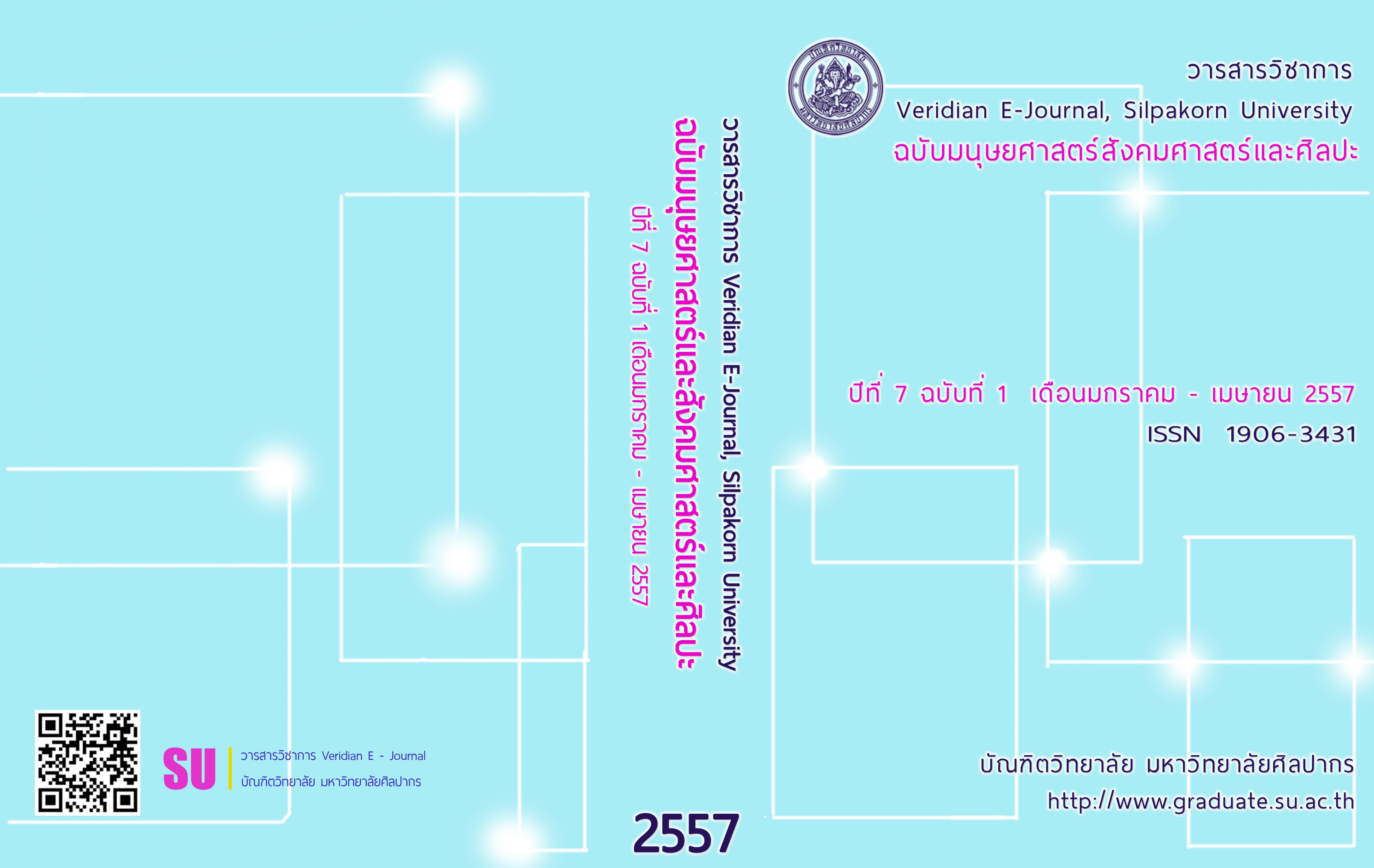การร่วมกันจัดบริการสาธารณะระดับท้องถิ่นของพลเมือง: กรณีศึกษาการจัดการขยะของชุมชนชลประทาน จังหวัดอุบลราชธานี Citizens Co-Production in Local Public Service: The case of waste management of Cholpratan community, Ubon Ratchathani Province
Main Article Content
บทคัดย่อ
ความต้องการของพลเมืองที่มีความหลากหลายและแตกต่างกัน ประกอบกับข้อจำกัดด้านงบประมาณของภาครัฐทำให้ประเทศต่างๆ สนับสนุนให้พลเมืองในฐานะผู้รับผลประโยชน์จากรัฐ เข้ามามีส่วนร่วมในการผลิตหรือจัดบริการสาธารณะของรัฐมากขึ้น ซึ่งนักวิชาการตะวันตกพัฒนาแนวคิดการร่วมกันผลิต (Co-production) เพื่ออธิบายปรากฏการณ์ดังกล่าวที่ส่งผลให้การจัดบริการภาครัฐมีประสิทธิผลมากขึ้น
การศึกษาครั้งนี้ ตอบคำถามว่าการร่วมกันผลิตมีส่วนในการปรับปรุงการจัดบริการสาธารณะในระดับท้องถิ่นอย่างไร และปัจจัยใดที่สนับสนุนให้ภาคประชาชนเข้ามาเป็นผู้ร่วมผลิต โดยใช้การจัดการขยะแบบมีส่วนร่วมของชุมชนชลประทาน อำเภอเมืองวารินชำราบ จังหวัดอุบลราชธานี เป็นกรณีศึกษา ผลการศึกษาพบว่า พลังด้านสังคมและผลกระทบทางบวกของผู้ร่วมผลิตเป็นปัจจัยสำคัญที่ทำให้เกิดการร่วมกันผลิต ซึ่งนำไปสู่การพัฒนานวัตกรรมใหม่ๆ ในการจัดการขยะของชุมชนที่ตอบความต้องการของชุมชน
The public organizations have been faced with the cut-back management and the extended citizen’s demands. The western countries have supported the co-production of citizens who are directly beneficiaries to engage the public service provisions. The western academics constructed the co-production concept to explain this pattern of provision which made more effectiveness in public service.
The study answers how the co-production improves the local public service provision and what drive the engaged people to be the co-producer. The waste management of Cholpratan community, Ubon Ratchathani Province was used to be case study. The study found that the fundamental factors which supported and retained individuals to co-production were the social empowerment and the positive effects of engagement. Co-production in study case contributed to the new innovations of waste management which matching community responsiveness.

